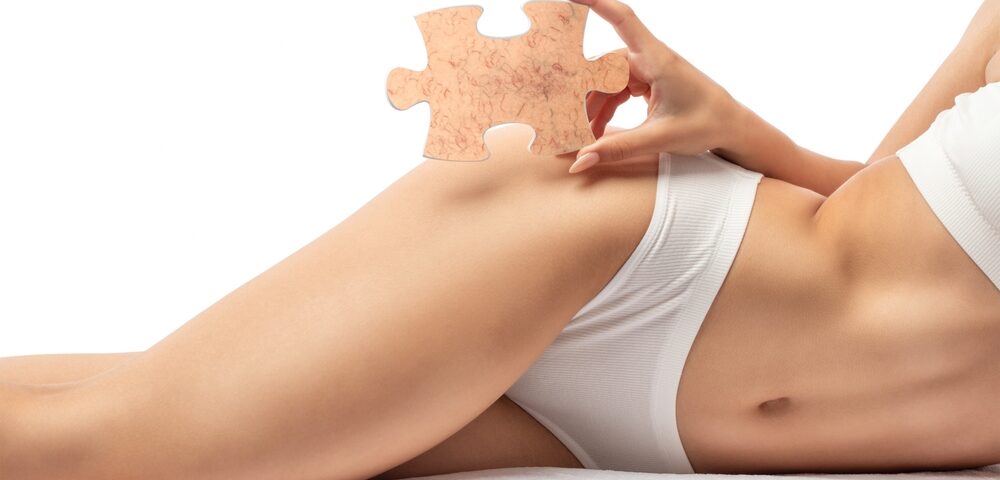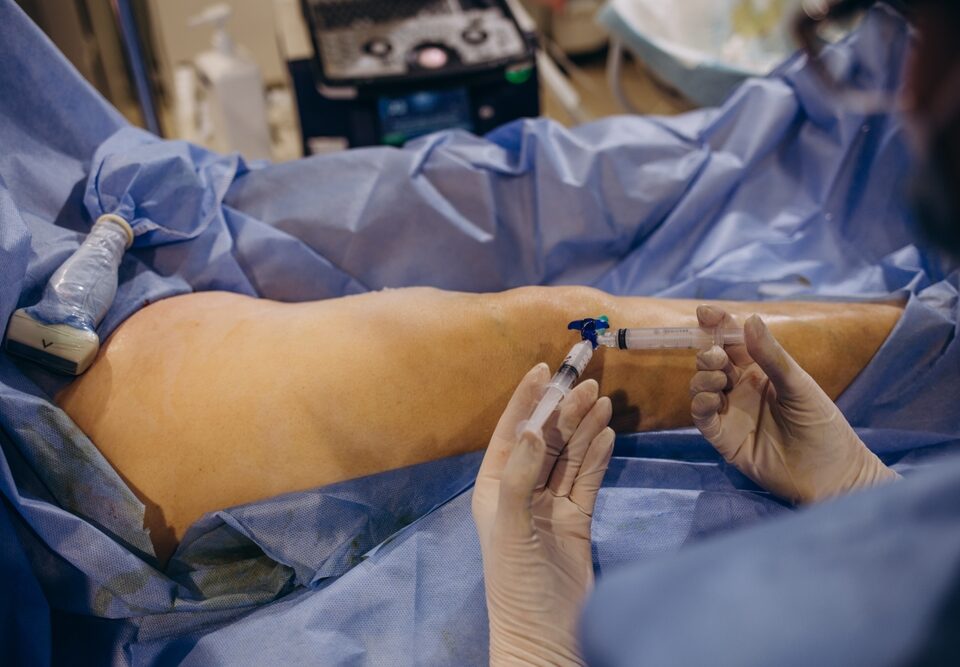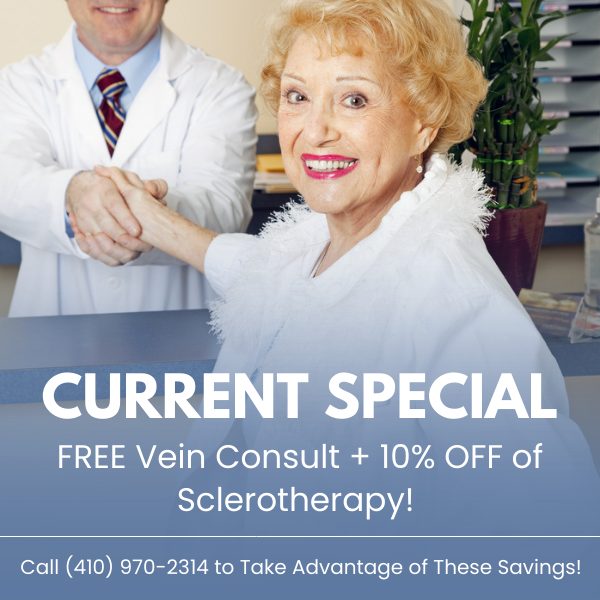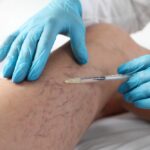
How Do I Find the Right Spider Vein Doctor in Owings Mills, Maryland?
August 15, 2024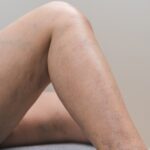
4 Tips for Finding the Best Vein Doctor in Owings Mills, Maryland
August 23, 2024Varicose veins can be a source of both insecurity and discomfort. If you struggle with them, then you’re likely wondering, “When should I see a doctor for varicose veins?”
Here’s what you need to know about this condition, including whether it’s dangerous and when it’s time to seek help from a professional!
First Things First, What Are Varicose Veins? What Causes Them?
Varicose veins, or varicosities, are enlarged, twisted veins that most often occur on the legs and feet. They occur when the valves within your veins become weakened or damaged, resulting in poor blood flow.
Under normal conditions, veins carry blood back to the heart, and one-way valves help prevent your blood from flowing backwards. When these valves don’t function properly, blood can pool in your veins, causing them to enlarge and become varicose.
More than one factor can contribute to the development of this condition, including your age, genetics, and lifestyle. Family history also plays a prominent role.
Standing or sitting for long periods of time, obesity, pregnancy, and hormonal changes can increase the likelihood of developing varicose veins.
Are Varicose Veins a Sign That I Have a Blood Clot?
Varicose veins are generally not considered to be serious, even if they’re uncomfortable or unsightly. They’re not a direct indication that you have a blood clot, however severe cases of this condition can increase your risk for deep vein thrombosis (DVT).
Because varicosities can slow blood flow, they lead to a higher chance of clot formation, which can be fatal. It’s important to know the symptoms of DVT, which includes swelling, pain, tenderness, and redness in the affected area.
When Should I See a Doctor for Varicose Veins? Is It Necessary?
While varicose veins are often viewed as a cosmetic concern, which is a valid enough reason to see a doctor, there are times where medical intervention is needed.
You should consider seeing a doctor if your varicosities cause discomfort, pain, or swelling. Other symptoms that warrant medical attention include changes in skin color around the veins, itching, and a feeling of heaviness in the legs.
If you develop sores or ulcers near the varicose veins, or if the veins start to bleed, it’s important to seek out advice.
Whether you simply don’t like the way your varicose veins look or you’re experiencing health concerns, getting insight from a medical professional is worth it.
How Does a Doctor Treat Varicose Veins?
Now that you have an answer to your question, “When should I see a doctor for varicose veins,” let’s look at the care you can expect.
They first assess your condition by performing a physical examination and reviewing your medical history. They may also perform an ultrasound to evaluate your blood flow and check for any clots.
Based on the severity of your varicose veins and your symptoms, your provider recommends a tailored treatment plan. There are several options for treating this condition, ranging from lifestyle changes to medical procedures.
In mild cases, your doctor may advise that you wear compression stockings, which improve your blood flow by applying gentle pressure to the area. Elevating your legs, regular exercise, and maintaining a healthy weight can also alleviate symptoms and prevent the condition from worsening.
In more severe cases, procedures like sclerotherapy and laser therapy to close off the affected veins may be recommended. Surgery may be performed for similar results.
The Vein Center of Maryland Is Here to Help You With All of Your Vein-Related Questions and Concerns!
With a commitment to delivering the highest quality care, our staff uses proven treatments with an individualized approach to ensure optimal health and wellness.
Call us today at 410-970-2314 to book your free consultation and even receive same-day results!


